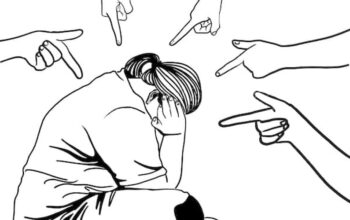
One of the stories in the past week has been the week-long strike in different provinces of our country to protest the government’s plan to phase out the old and traditional jeepneys.
Looking at the bigger picture, one cannot deny that the aforementioned plan to phaseout jeepneys is not solely an issue on transportation, rather it intersects with other societal issues, as well. For instance, matters on environment, safety, efficiency, and most especially, livelihood. Such a plan creates a dilemma where a decision would greatly affect societal justice. In fact, due to such, people have different positions on the issue. Hence, the strike.
While we sympathize with those people that would lose their only means of living, we cannot deny the fact that we will never achieve our problems on public transportation unless we make better changes on the road.
Undeniably, the old jeepneys can no longer support the needs of the modern world. While such is debatable, what isn’t, is the fact that it emits a great amount harmful substance that could worsen the planet’s already pitiful situation. Many jeepneys belch smoke into the air, causing pollution.
It also became obvious many jeepneys are poorly maintained. Many have sharp edges in the passenger cabin, rust in the interior, and insufficient cover for passengers when it rains. Breakdowns in the street are also common.
All that said, for me, one thing should be learned from this issue: Just Transition. Why? The government is for the people, nothing more, nothing less. Hence, if they are so concerned with the “old and traditional” jeepneys that the local drivers use due to its possible harm, not only to people, but also to the environment (it being a contributor to harmful substances on the environment), the Government should not only plan its phaseout, but also plan an alternative and just solution to the affected livelihood of the people operating the said jeepneys. Because whether we like it or not, the phaseout would worsen the already difficult situation of non-employment rate in the Philippines. Yes, it might be a hard thing to plan for, but what is the government for if it does not make a solution for the greater good of its constituents? Not just a greater good, but one that is also just.
Suffice it to say, in pursuing a better future, we must leave no one behind. Environmental actions should go hand-in-hand with social justice. It is not easy, but it is possible. All policies, innovations, and actions require robust multi-stakeholder participation and ensure the protection of the most vulnerable of the population — the poor. (AJDB)



